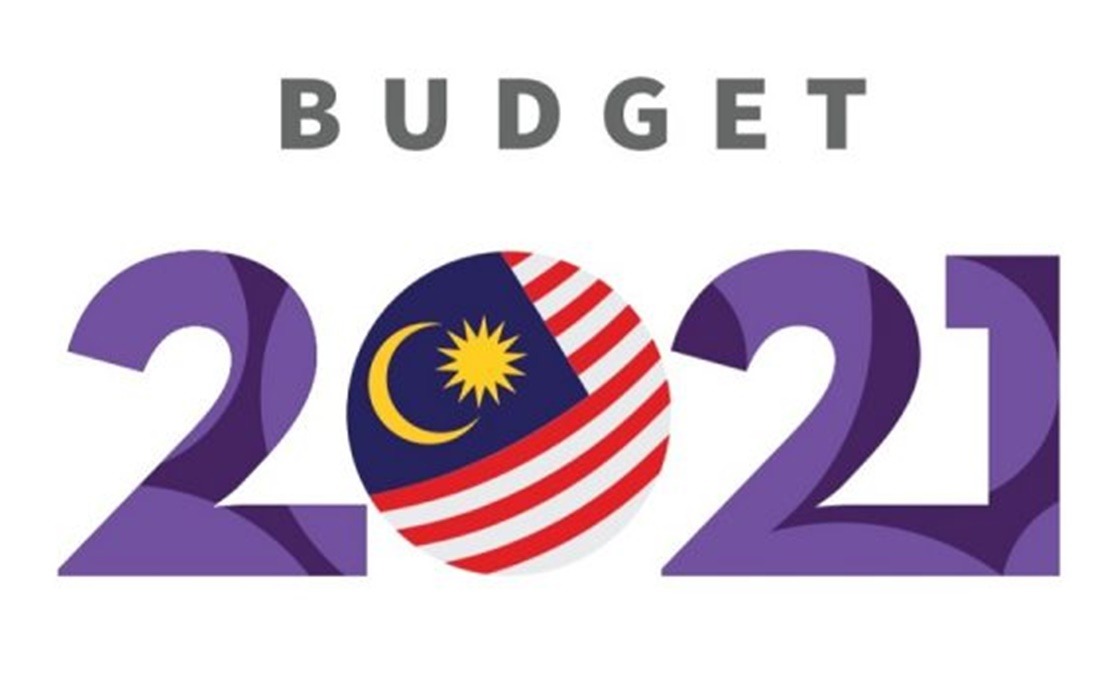| |
 |

|
| |
Invest in healthcare and education sectors to mitigate underemployment -- REFSA
KUALA LUMPUR, Nov 4 -- Think tank Research for Social Advancement (REFSA) views that the government should invest in creating actual jobs in the healthcare and education sector, to mitigate the potential increase of underemployment in Malaysia, caused by the COVID-19 pandemic.
Its economic advisor, Frederik Paulus said expansion on the public tertiary education system and public healthcare system would create jobs and raise income at a time when the private sector’s demand for labour is seen to be weak.
“More importantly, the expansion of these sectors would also assist Malaysia in meeting two long-term challenges, namely technological and demographic changes,” he said during a REFSA virtual media briefing titled “Powering through the pandemic: Ushering in a new paradigm with 2021 Budget”, today.
According to the Malaysian Economic Statistics Review released by the Department of Statistics (DOSM) recently, the time-related underemployment rate in Malaysia increased sharply to 2.5 per cent in Q1 2020, and went up further to 2.8 per cent in Q2 2020.
The number in time-related underemployment doubled against the previous quarter to record 383 300 individuals in Q1 2020, while the highest number was observed in Q2 2020 at 412 100 individuals.
As such, Paulus said the government could hasten the searching and reskilling process by creating more space for Malaysians to acquire higher education at public tertiary institutions, including for vocational training.
“If such a route is taken, the government could tie them to serve in projects the government deem necessary, including other initiatives such as the green economy investments.
“If expansion of the public higher education sector is to last for four years, this should increase the number of post-secondary graduates by 50,000 people per year, and bring Malaysia’s graduates-to-population ratio closer to the upper-middle income country average level of 23 per cent, up from approximately 21 per cent now,” he said.
On the healthcare, he said creating additional jobs, including in government sectors such as doctors, nurses and medical assistants seen to be crucial, especially in case of health emergencies like the COVID-19 pandemic.
To achieve this objective, Paulus said REFSA estimates the government to raise its allocation in healthcare by two per cent of Gross Domestic Product (GDP) that would bring Malaysia’s health expenditure-to-GDP ratio up to the average for upper-middle income countries of six per cent, versus current level of four per cent.
“Although the economic conditions are dire, the government also afford a unique opportunity, in the form of additional fiscal space, to support jobs and income in the short term, and to kick-start the transition to a greener, more sustainable and more equitable economy in the longer term,” he added.
-- BERNAMA
|
|
|
|
|



